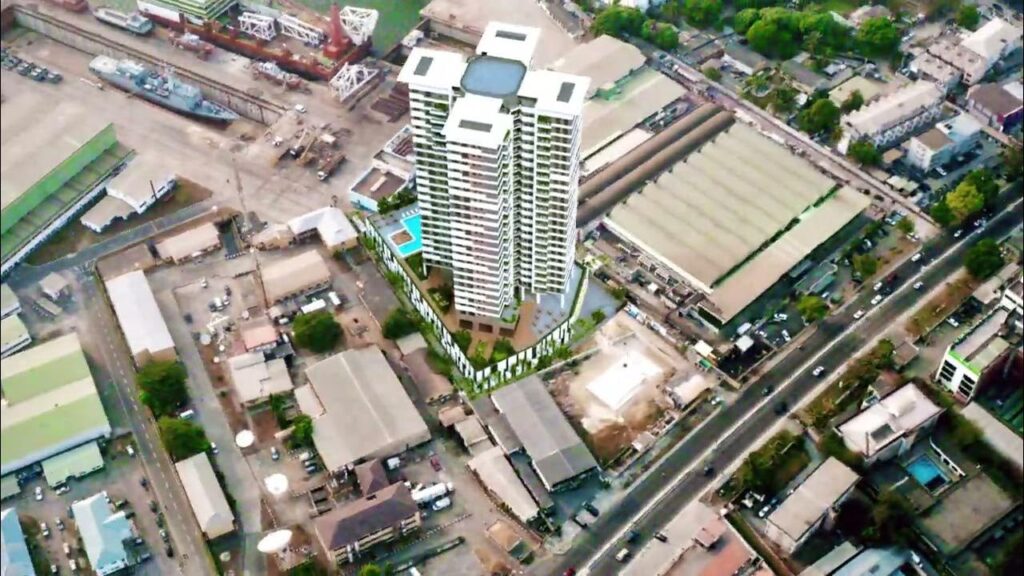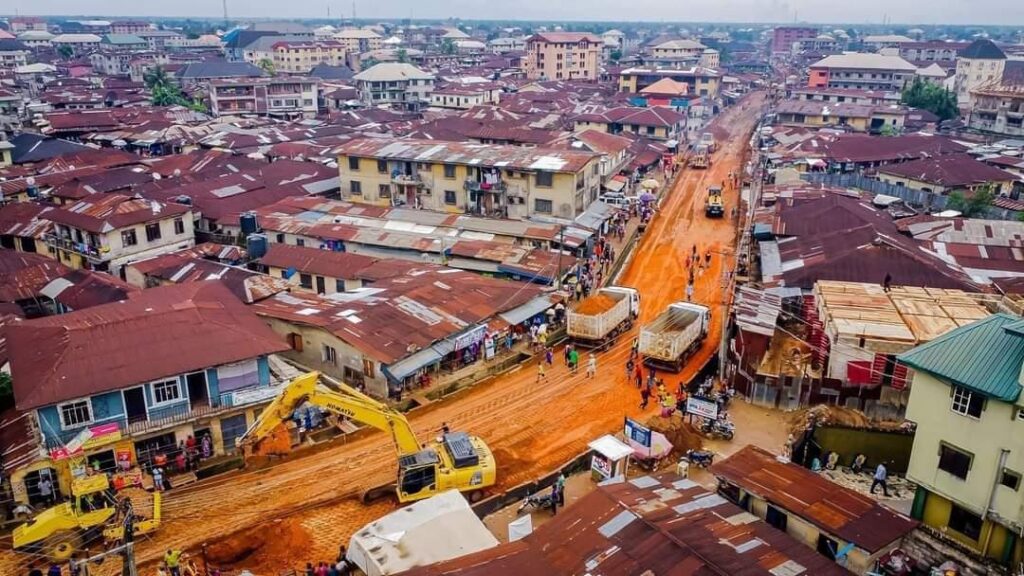
Faced with economic challenges and high cost of doing business in the country, paint makers have called on the Federal Government to intervene in the sector by reviewing its policies and tackle hostile business environments impacting indigenous manufacturers.
Among the challenges listed are the cost of energy, the escalating machinery maintenance cost, non-availability and high cost of replacement of machinery parts. There is also non availability of raw materials, the ever-rising costs, and lack of adequate funds to increase stock.
The Chairman, Paint Manufacturers Association of Nigeria (PMAN), Mr. Abimbolu Babatunde, told The Guardian that “government policies are meant to aid businesses, but quite often, these policies do not get to the manufacturers as intended, and at the end of the day they become an avenue to burden business operations.
“Conducive business environments are conditions to foster business growth any day and if regulators are up to their callings and duties, but if regulators see their primary role as extra money for themselves, then the intended conducive business environment becomes corrosive to businesses. The so-called Nigerian factor is real and active.”
According to him, PMAN members are also having a herculean task in distributing their goods due to the inadequacy or non-existence of roads, and rail systems, and uncontrolled ‘cow-boys’ on the road wearing the appellation of local government officials.
Babatunde disclosed that paint makers are shifting towards tangible innovations within research institutions, signaling the industry’s united pursuit of resilience and progress.
“The basic and rudimental role of the government is to promote technology and thus technological advancement is through school curriculum, while the bedrock of technology is science subjects and citizens must grab it at the start of learning,” he said.
The PMAN boss, who is optimistic about the industry future, revealed how they’re uniting forces to devise innovative solutions and adopting a collaborative approach within the paint manufacturing fraternity in repositioning the sector. He emphasised the need for collective action to overcome challenges being faced by the industry players.
Babatunde also gave insights on measures being taken that are leading to the exploration of creative approaches to address material scarcity, rising costs, and distribution obstacles.
He advocated educational reform to bolster indigenous expertise within the paint manufacturing sector. He also wants the reshaping of educational curricula to foster innovation, specifically tailored to paint manufacturing.











